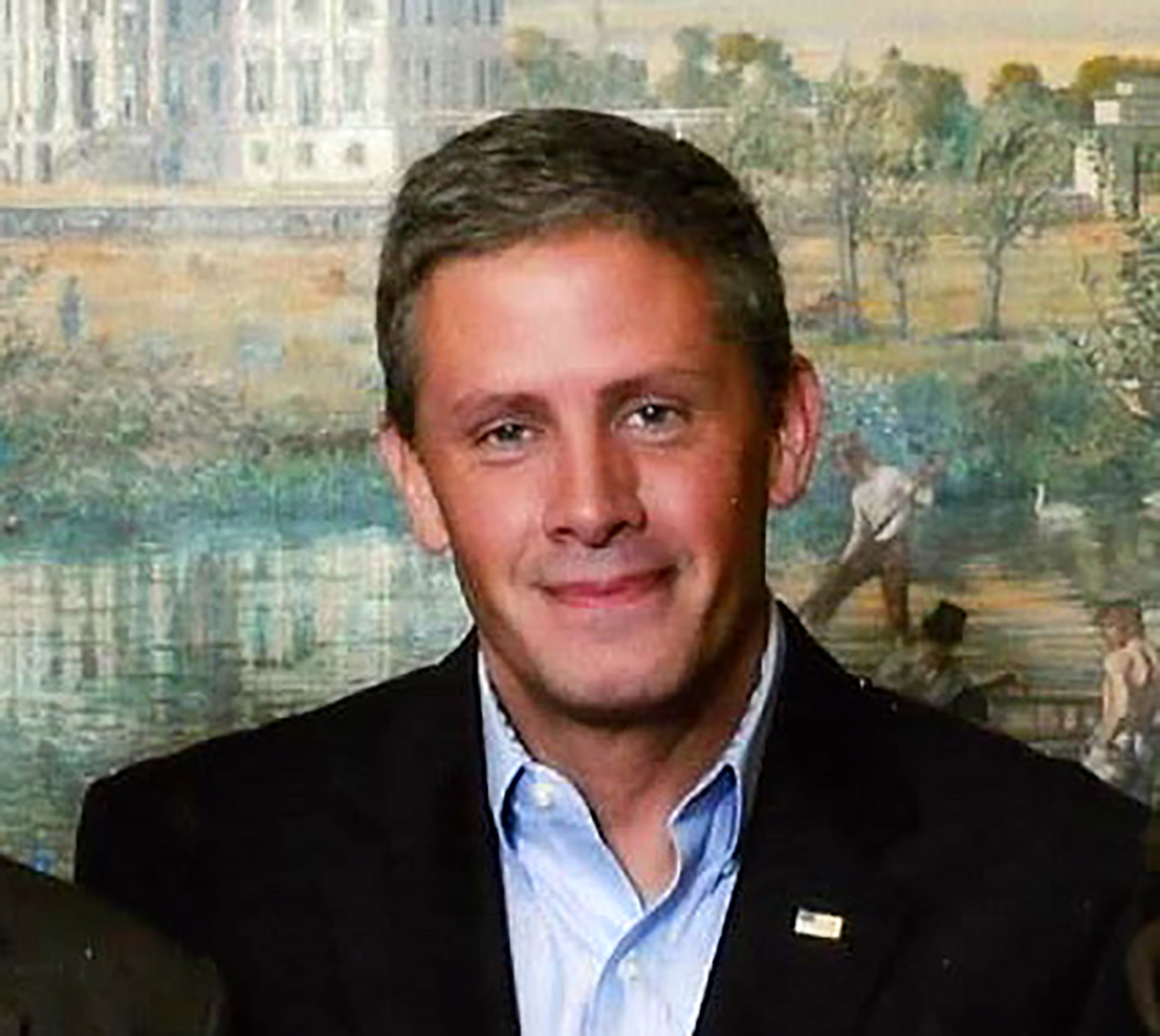The transportation sector may be on the verge of leading a transformation as significant as that propelled by the switch up from the flip phone to the iPhone.
At 3 p.m. Saturday in the Hall of Philosophy, Keith Hennessey will give a talk with the same title as a course he taught last winter as a lecturer at Stanford University’s Graduate School of Business, “The Open Road: Changes in Cars, Driving, and Mobility.”
Hennessey said his interest in how self-driving cars will change the way we live and work was sparked by a student who was about to work for Uber.
“During the chat I learned a lot I didn’t know,” he said. “I asked permission of the deans to teach an experimental course, and they agreed. … The field is very new and changing very fast.”
In partial preparation for teaching this cooperative seminar, Hennessey came up with a list of topics that the students subsequently researched and reported on. He said that class time was spent talking about technologies, different policy issues, and different economic and business models. This coming year, he will be teaching a variant of that seminar.
For the past seven years, Hennessey has been teaching courses on fiscal policy, contemporary economic policy, and practical policy and politics at Stanford, where he earned his bachelor’s degree in mathematics and political science in 1990. Three years ago, he won the business school’s MBA Distinguished Teaching Award.

Hennessey’s curriculum is influenced by his experience working for the federal government in Washington, D.C., following his completion of a master in public policy degree at Harvard University’s John F. Kennedy School of Government.
For instance, he has designed “Practical Policy and Politics” as a “skills/toolbox class. The goal is to teach future business leaders how Washington actually works so you can interact more effectively with it and be a better informed citizen and voter.”
Upon graduation, Hennessey spent seven months as a research assistant for the Bipartisan Commission on Entitlement and Tax Reform, co-chaired by U.S. Sen. Robert Kerrey. From 1995 to 1997, he focused on Medicare and Medicaid while working as a health and retirement economist for the Senate Budget Committee. While at the Kennedy School, he wrote a thesis-like policy analysis titled “Unintended Consequences: Critical Assumptions in the Clinton Health Plan.”
As deputy assistant to the policy director and economic policy adviser to Senate Majority/Republican Leader Trent Lott for the next five and a half years, Hennessey worked on all of the major budget, energy, health, tax and trade bills considered by the Senate.
In August 2002, during President George W. Bush’s first term, Hennessey left the Senate to become deputy assistant to the president for economic policy and deputy director of the National Economic Council. He began serving as the assistant to the president and NEC director in December 2007. There, helping out with the National Do Not Call Registry was his “fun” policy project.
Regarding his transition from Congress to the White House, Hennessey said that professionally, the two were very different worlds. Compared with the executive branch, his Senate office was a small operation. In the White House, everyone reported to the president, and in order to brief him, Hennessey had to go “two to three levels deeper” in understanding each policy.
“There’s a much smaller margin of error,” he said. “There are opportunities to fix mistakes on Capitol Hill. In the White House, you get pounced on immediately.”
For Hennessey, the transition from Washington, D.C., to academia was “kind of easy.” The change in workload from the White House to teaching was a big relief.
“I no longer have to work 80 hours per week,” he said.
Initially, his biggest challenge was finding out how little people knew about how the U.S. government works.
“I had to go back to the basics,” Hennessey said.
While there’s a certain level of knowledge about government in Washington, D.C., — even among people who have not worked there for very long — at Stanford University, most of the young men and women he teaches have no background other than what they learned in a high school government course.
Hennessey said that on Saturday, he will give Chautauquans “a feel for how big the upcoming changes are going to be in transportation; how much (they) will transform society; how little we know … This is a really big deal. It’s interesting, important and exciting.”




